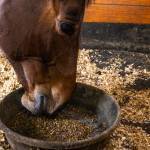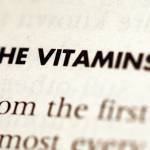Nutrition
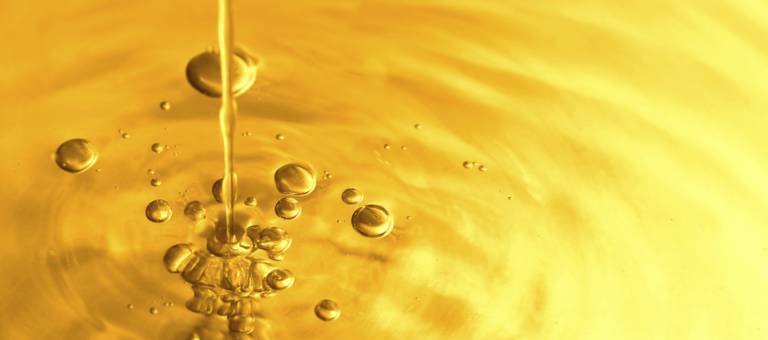
October 27, 2009
Source of Omegas May Matter
Recent advances in deodorization and flavoring technology have made fish oils acceptable to most horses.

October 26, 2009
Feeding Horses During Natural Disasters
A horse thrives on routine, and nowhere is this more true than in feed management. Suppose, however, that unexpected
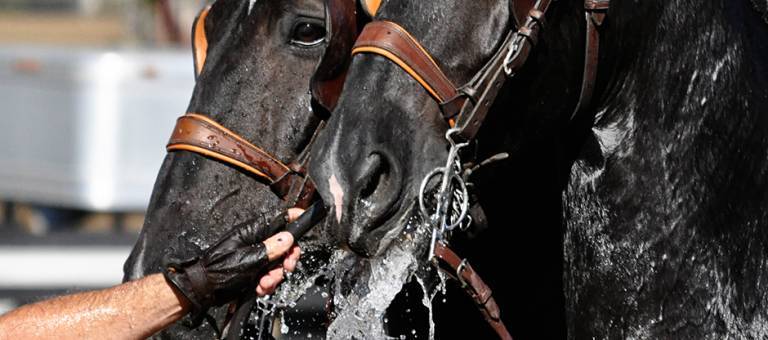
October 21, 2009
Water: The Overlooked Nutrient
The most important nutrient in the horse's diet is one that is rarely added to feeds: water. Though it
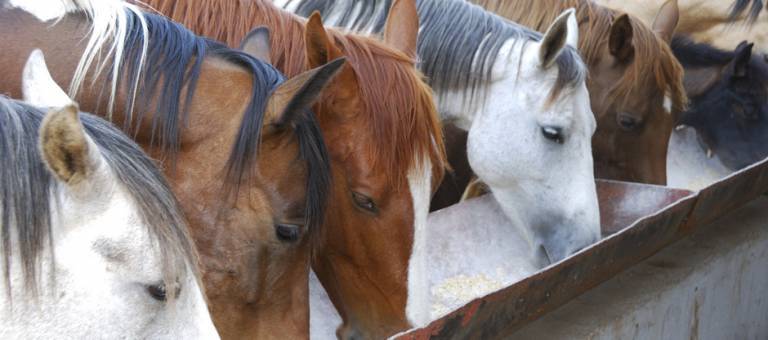
September 15, 2009
Equine Metabolism Woes
The current conventional wisdom is that EMS horses should receive hays and feeds that contain 10% or less NSC.

October 28, 2008
Forage Buffering Capacity Relevant in Gastric Ulcer Prevention
There is growing evidence that the type of hay fed to horses has a significant impact on acid neutralization
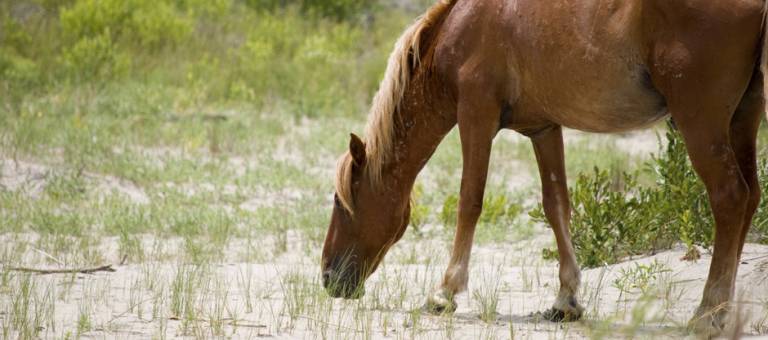
October 28, 2008
Psyllium for Prevention of Sand Colic in Horses
Horses grazing sparse vegetation on sandy soil tend to ingest varying amounts of sand. This sand may accumulate in
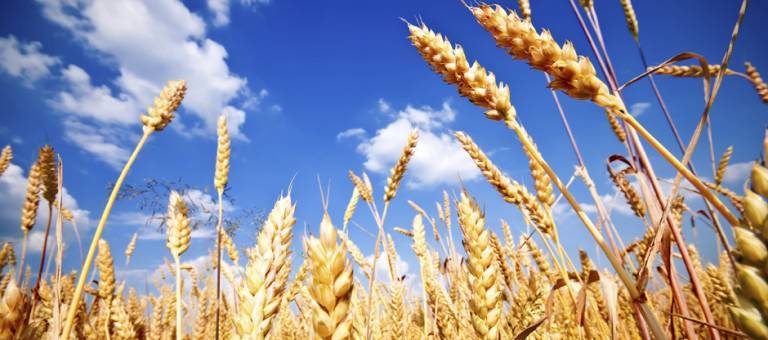
October 27, 2008
Horse Feed Prices
There are five key factors that account for skyrocketing grain prices: biofuel production, extreme weather patterns across the globe,

October 26, 2008
Feeding to Prevent Developmental Orthopedic Disease
Over the last several years, researchers have found that appropriate nutrition of the gestating mare as well as her
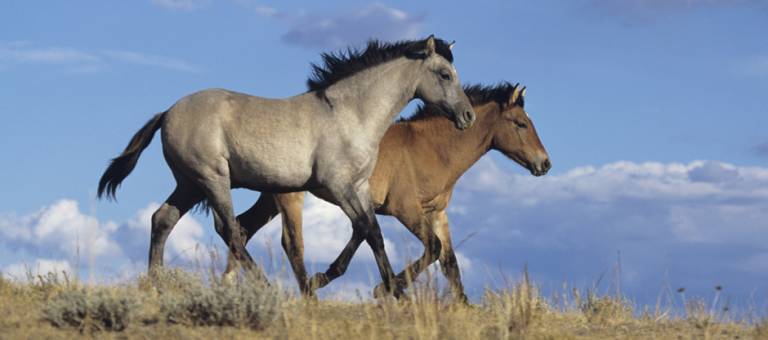
October 21, 2008
Turning Your Horse Out to Pasture
Turnout, the most natural type of exercise, is probably the easiest way to enhance your horse's quality of life.

October 21, 2008
Omega-3 Fatty Acid Supplementation Provides Significant Benefits
Horses need to consume both omega-3 and omega-6 fatty acids, but the traditional equine diet tends to provide a




